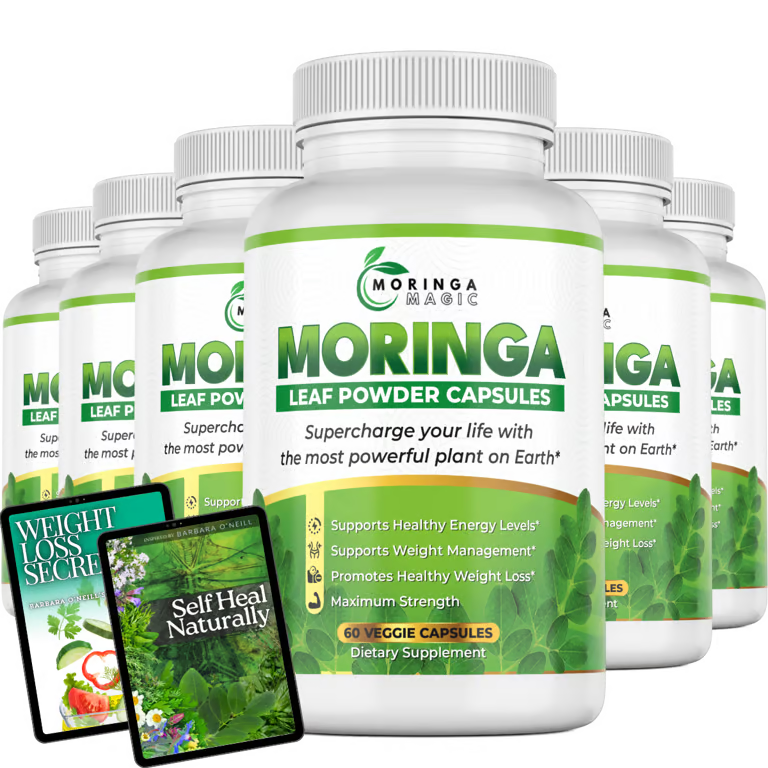
Introduction
In the hustle and bustle of modern life, it is easy to overlook the significance of nutrition. However, what we consume has a profound impact on our overall health and well-being. Nutrition forms the foundation for a healthy life, providing the essential nutrients our bodies need to function optimally. This article will explore the reasons why nutrition is important and highlight the best examples of nutritious foods and balanced diets.
1. Understanding the Significance of Nutrition
1.1 The Role of Nutrition in Overall Health
Proper nutrition is vital for maintaining a healthy body and mind. It provides the necessary fuel for physical activities, supports the immune system, and enhances cognitive function. A well-balanced diet contributes to better mood regulation and can even reduce the risk of chronic diseases, such as heart disease, diabetes, and obesity.
1.2 Nutrition and Growth
For children and adolescents, nutrition plays a crucial role in growth and development. Essential nutrients like protein, calcium, iron, and vitamins are essential for the formation of strong bones, muscles, and a robust immune system. Good nutrition during childhood sets the stage for a healthier adulthood.
1.3 Nutrition and Aging
As we age, proper nutrition becomes even more important. Adequate intake of nutrients helps maintain muscle mass, bone density, and cognitive function, reducing the risk of age-related conditions like osteoporosis and dementia.
2. Building a Balanced Diet
2.1 The Components of a Balanced Diet
A balanced diet comprises a variety of nutrients in the right proportions. It typically includes:
- Carbohydrates: The primary source of energy for the body, found in foods like grains, fruits, and vegetables.
- Proteins: Essential for tissue repair and growth, found in sources like meat, fish, legumes, and dairy products.
- Fats: Necessary for absorbing fat-soluble vitamins and providing long-lasting energy, found in nuts, seeds, and oils.
- Vitamins and Minerals: Play a vital role in various bodily functions, found in fruits, vegetables, and supplements.
2.2 The Best Examples of Nutritious Foods
2.2.1 Leafy Greens
Leafy greens, such as spinach, kale, and broccoli, are rich in vitamins A, C, K, and folate. They also provide essential minerals like iron and calcium, contributing to overall health and well-being.
2.2.2 Berries
Berries, like blueberries, strawberries, and raspberries, are packed with antioxidants, which help combat inflammation and oxidative stress in the body.
2.2.3 Fatty Fish
Fatty fish, including salmon, mackerel, and sardines, are excellent sources of omega-3 fatty acids, which promote heart health and brain function.
2.2.4 Nuts and Seeds
Nuts and seeds contain healthy fats, fiber, and various vitamins and minerals. They make for a great snack and aid in maintaining a healthy weight.
3. Crafting a Nutritious Meal Plan
3.1 Breakfast
A nutritious breakfast sets the tone for the day. Incorporate whole grains, lean protein, and fruits for a balanced start. For example, oatmeal with berries and nuts or whole-grain toast with avocado and eggs.
3.2 Lunch
A well-rounded lunch should include lean proteins, vegetables, and healthy fats. For instance, a salad with grilled chicken and olive oil dressing or a quinoa bowl with mixed veggies and chickpeas.
3.3 Dinner
Dinner should be light and easy to digest. Opt for roasted vegetables with a portion of grilled fish or a tofu stir-fry with various colorful veggies.
4. The Road to a Healthier You
4.1 Embracing Change
Transitioning to a healthier diet may require some adjustments, but the benefits are well worth it. Gradually introduce new foods and recipes into your daily routine, and you’ll notice the positive impact on your overall health.
4.2 Staying Hydrated
Remember that proper hydration is equally important. Drink plenty of water throughout the day to support all bodily functions and maintain overall health.
4.3 Seek Professional Advice
Consulting a nutrition specialist or dietician can provide personalized guidance and ensure you’re making the right dietary choices based on your individual needs and goals.
Conclusion: Nourish Your Body, Nurture Your Life
In conclusion, nutrition is the cornerstone of a healthy and fulfilling life. By understanding the importance of nutrition, incorporating nutritious foods into our diet, and adopting a balanced meal plan, we can enhance our overall well-being and prevent numerous health issues.
FAQ
Q1: Can a balanced diet help with weight management?
A balanced diet can indeed aid in weight management. When you consume a variety of nutrient-dense foods in the right portions, it helps control hunger, promotes satiety, and supports a healthy metabolism.
Q2: Are supplements necessary if I have a balanced diet?
While a well-balanced diet typically provides all the essential nutrients, some individuals may require supplements to address specific deficiencies. It is best to consult a healthcare professional or nutritionist to determine if supplements are necessary for you.
Q3: How can I encourage my children to eat nutritious foods?
Making mealtime enjoyable and involving children in meal preparation can pique their interest in nutritious foods. Additionally, incorporating a variety of colorful and tasty options can make the dining experience more appealing to kids.
Q4: Is it ever too late to improve my nutrition?
No, it is never too late to improve your nutrition. Regardless of age, adopting healthier eating habits can lead to positive changes in your overall health and well-being.
Q5: Can nutrition affect mental health?
Yes, nutrition can significantly impact mental health. A well-balanced diet with the right nutrients can improve mood, reduce the risk of depression, and enhance cognitive function.
References:
- Harvard T.H. Chan School of Public Health
- Mayo Clinic – Nutrition and Healthy Eating
- World Health Organization – Nutrition




